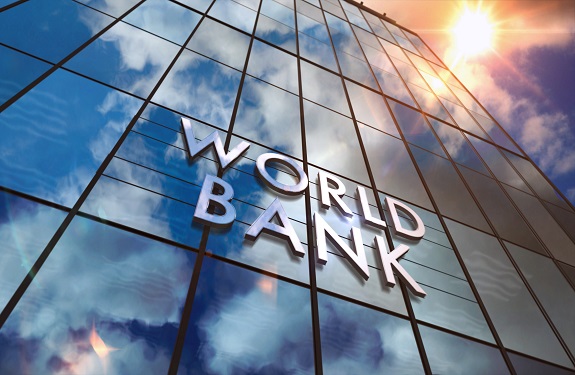Nigeria is among the 20 countries with the lowest access to electricity, the World Bank has said.
The country was also ranked among the top 20 countries with most people lacking access to clean fuel and technologies for cooking.
The bank said 20 countries with the largest population lacking access to electricity constitute 76 percent (580 million people) of the global access deficit and that the number of people without access to electricity in the world declined from 1.2 billion in 2010 to 759 million in 2019.
“Out of this figure, about half of them live in fragile and conflict-affected settings,” the World Bank said in a statement.
Recall that in a recent report, the bank said businesses in Nigeria lose about $29 billion annually because of unreliable electricity and in 2019, Nigeria accounted for 90 million people without access to electricity, followed by the Democratic Republic of Congo with 70 million, and Ethiopia (which replaced India in third place in 2019) with 58 million people.
The statement, quoting the recently released Tracking SDG 7: The Energy Progress report, said that unless efforts are scaled up significantly in countries with the largest deficits, the world will still fall short of ensuring universal access to affordable, reliable, sustainable, and modern energy by 2030.
The statement quoted managing director of development policy and partnerships at the World Bank, Mari Pangestu, as having said that the Tracking SDG7 report shows that 90 per cent of the global population now has access to electricity, but disparities exacerbated by the pandemic, if left unaddressed, may keep the sustainable energy goal out of reach, jeopardizing other SDGs and the Paris Agreement’s objectives.
She further stated that: “Addressing energy access and climate change requires an inclusive energy transition. We must work together to achieve SDG7 so that everyone can access clean, affordable, and sustainable electricity.”
“According to the report, significant progress has been made since 2010 on various aspects of the Sustainable Development Goal (SDG) 7, but progress has been unequal across regions.
“While more than one billion people gained access to electricity globally over the last decade, COVID’s financial impact has made basic electricity services unaffordable for 30 million more people, the majority located in Africa. Nigeria, the Democratic Republic of Congo and Ethiopia had the biggest electricity access deficits, with Ethiopia replacing India in the Top 3.
“Among the 20 countries with the largest access deficits, Bangladesh, Kenya, and Uganda showed the greatest improvement since 2010, thanks to annual electrification growth rates in excess of 3 percentage points, driven largely by an integrated approach that combined grid, mini grid and on-grid solar electrification,” the statement read in part.









